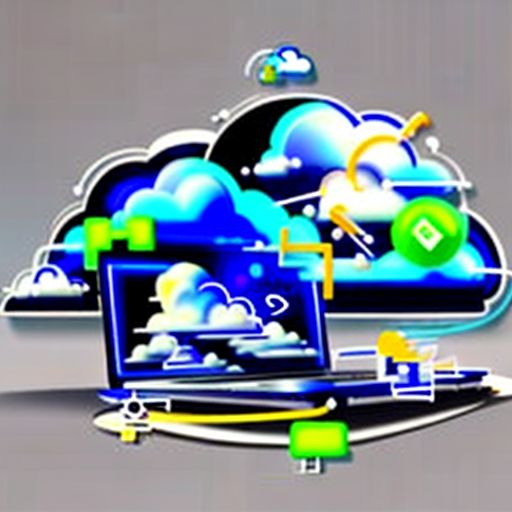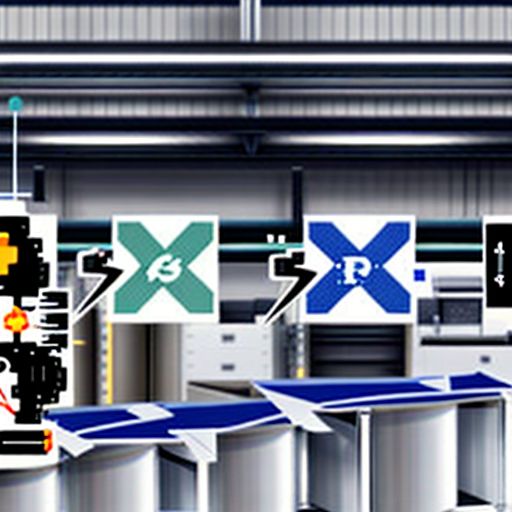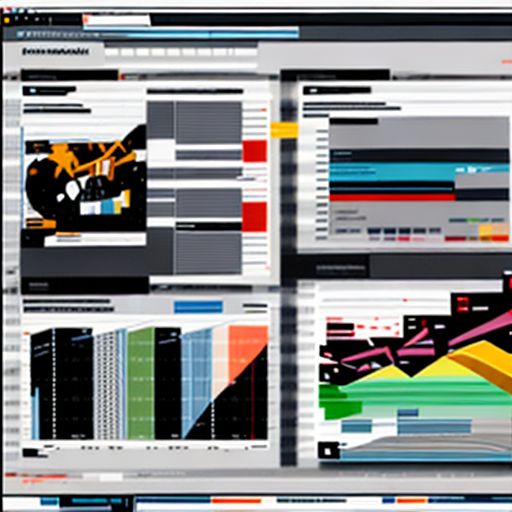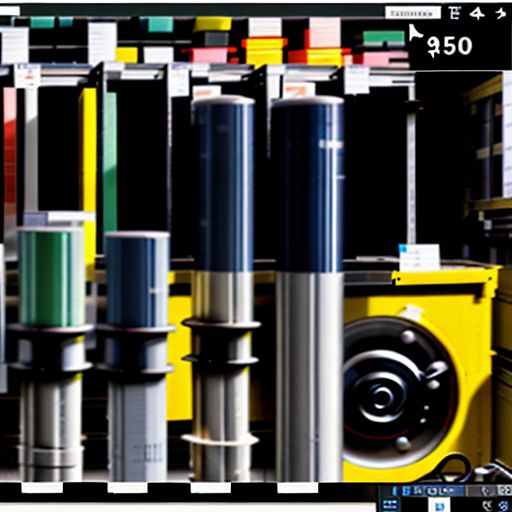In today’s competitive business landscape, companies are constantly seeking ways to optimize their operations and gain a competitive edge. This often leads to questions about different software solutions and how they can benefit a business. Three acronyms frequently pop up: CRM, ERP, and SCM. While they may seem similar at first glance, each system serves a distinct purpose and caters to different aspects of a business.
This article will delve into the distinctions between CRM, ERP, and SCM systems, exploring their functionalities, benefits, and ideal use cases. By understanding these differences, you can determine which system, or combination of systems, best aligns with your business objectives and sets you on a path to sustainable growth.
Understanding the Basics: What are CRM, ERP, and SCM?
Let’s break down each acronym and explore its core meaning:
CRM: Customer Relationship Management
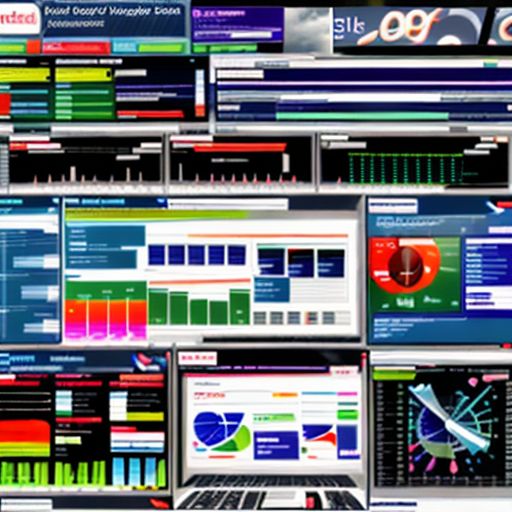 CRM software dashboard
CRM software dashboard
CRM software is designed to manage a company’s interactions and relationships with existing and potential customers. Think of it as a centralized hub for all things customer-related.
Key features of CRM systems:
- Contact Management: Store and organize customer contact information, communication history, and sales interactions.
- Sales Pipeline Management: Track leads, opportunities, and sales activities to streamline the sales process.
- Marketing Automation: Automate marketing tasks such as email campaigns, lead nurturing, and social media engagement.
- Customer Support: Manage customer inquiries, complaints, and support tickets effectively.
- Analytics and Reporting: Gain insights into customer behavior, sales performance, and marketing campaign effectiveness.
In essence, a CRM system helps businesses build strong customer relationships, improve customer satisfaction, and drive sales growth.
ERP: Enterprise Resource Planning
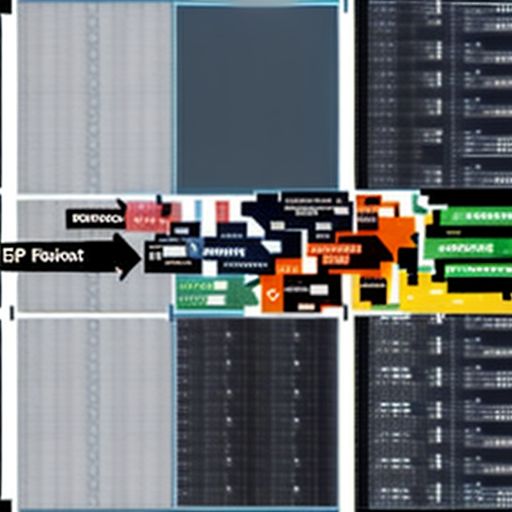 Overview of an ERP system
Overview of an ERP system
ERP software integrates and manages a company’s core business processes into a unified system. It provides a centralized database for information sharing and collaboration across different departments.
Key features of ERP systems:
- Financial Management: Manage accounting, financials, budgeting, and reporting in real-time.
- Human Resources Management: Streamline HR processes like payroll, recruitment, and employee data management.
- Supply Chain Management: Track inventory levels, manage procurement, and optimize production planning.
- Manufacturing: Plan and execute manufacturing processes, manage production orders, and track quality control.
- Project Management: Plan, execute, and track projects, allocate resources, and monitor progress.
An ERP system aims to improve operational efficiency, reduce costs, and enhance decision-making by providing a holistic view of the business.
SCM: Supply Chain Management
erp.bartenderqh.com/wp-content/uploads/2024/07/supply-chain-network-66948f.jpg" alt="Visualization of a supply chain network" width="512" height="512">Visualization of a supply chain network
SCM software focuses specifically on the management of the flow of goods and services, encompassing all processes involved in transforming raw materials into finished products and delivering them to the end customer.
Key features of SCM systems:
- Procurement: Automate purchase orders, manage supplier relationships, and optimize sourcing strategies.
- Inventory Management: Track inventory levels in real-time, forecast demand, and optimize stock levels to minimize waste.
- Logistics and Transportation: Manage the transportation of goods, optimize delivery routes, and track shipments.
- Warehouse Management: Control and optimize warehouse operations, including receiving, storage, and shipping.
- Demand Planning: Forecast future product demand to optimize production planning and inventory management.
By streamlining the supply chain, businesses can reduce costs, improve delivery times, and enhance customer satisfaction.
How do CRM, ERP, and SCM Differ?
While all three systems play crucial roles in modern businesses, their areas of focus and functionalities differ:
Focus:
- CRM: Customer-facing processes and improving customer relationships.
- ERP: Internal business processes and achieving operational efficiency.
- SCM: Flow of goods and services, from sourcing to delivery.
Data:
- CRM: Customer data, interactions, and preferences.
- ERP: Financial, operational, and human resources data.
- SCM: Supply chain data, including inventory levels, supplier information, and logistics data.
Benefits:
- CRM: Increased sales, improved customer retention, and enhanced customer satisfaction.
- ERP: Reduced costs, improved efficiency, and better decision-making.
- SCM: Optimized inventory levels, reduced shipping costs, and improved delivery times.
Choosing the Right System for Your Business
The decision to implement a CRM, ERP, or SCM system depends on your specific business needs, priorities, and goals.
Consider a CRM system if:
- You need to improve customer interactions, manage customer data effectively, and drive sales growth.
- Your business relies heavily on sales and marketing activities.
Consider an ERP system if:
- You need to integrate and streamline various business processes across different departments.
- You want to improve operational efficiency, reduce costs, and gain a holistic view of your business performance.
Consider an SCM system if:
- You need to optimize your supply chain, manage inventory efficiently, and improve delivery times.
- You operate in an industry with complex supply chains, such as manufacturing or retail.
In some cases, businesses may benefit from implementing two or even all three systems. For instance, integrating a CRM system with an ERP system can provide a comprehensive view of customer data and its impact on financial performance and operations.
Conclusion
Understanding the differences between CRM, ERP, and SCM systems is crucial for any business looking to leverage technology for growth and efficiency. Each system offers unique functionalities and benefits, and the right choice will depend on your specific business needs and goals. By carefully assessing your requirements and exploring the available options, you can implement the right systems to optimize your operations, strengthen customer relationships, and gain a competitive advantage in today’s dynamic marketplace.
What are your thoughts on these systems? Have you implemented any of them in your business? Share your experiences and questions in the comments below!






